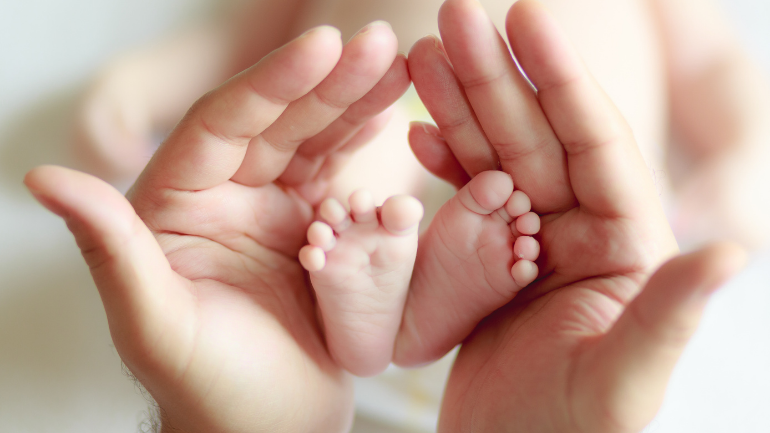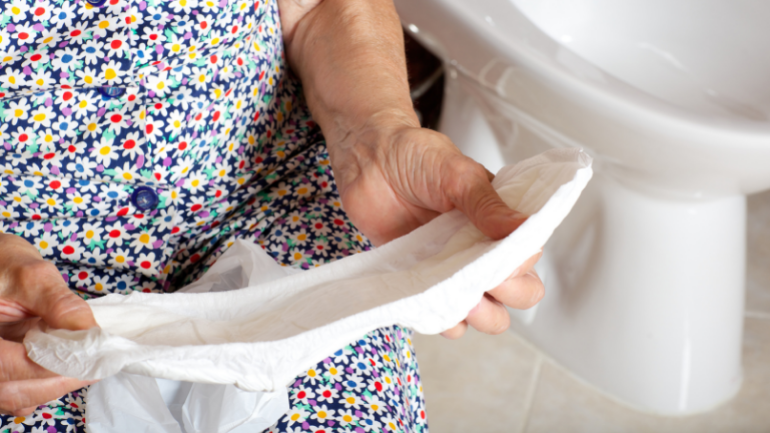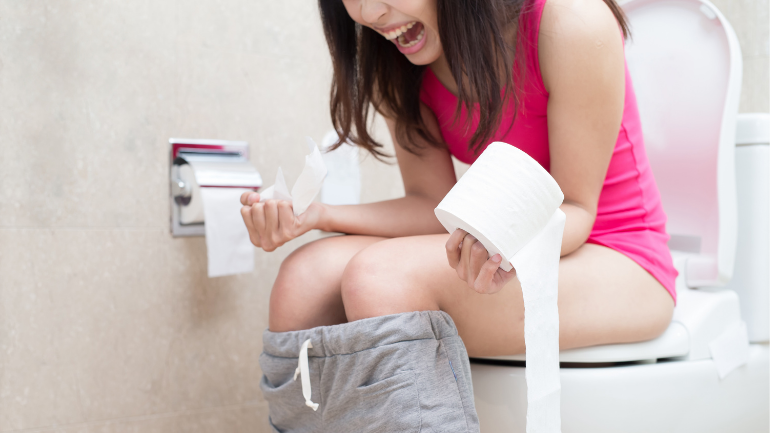OMG. I have stitches in my perineum after birth…. Now what?!?!
If you’ve had stitches in your perineum or vagina after birth, this post is for you. This post is also for you if you might end up with stitches in your perineum after birth… and spoiler alert – that means most birthers!

But what you might not anticipate is what can happen when you have a vaginal delivery and you end up needing stitches in your perineum.
It. Can. Really. Suck.
It’s true though – perineal injuries can lead to immediate postpartum issues like poor healing, infection, pain, sexual dysfunction, and bladder or bowel incontinence.

What Also Sucks:
Perineal injuries are also very common.
In Canada, ~⅔ of women who give birth vaginally report stitches. Further to that, Canada also has alarmingly high rates of severe perineal injury when compared to other similar countries across the world. Severe perineal injury is classified as a 3rd or 4th degree tear (and includes damage to the anal sphincter in additoin to the perineum) and here it happens in about 5-7% of vaginal births.
So Here’s The GOOD NEWS/BAD NEWS…
Bad News:
If you have a vaginal birth, there’s a good chance you are going home with stitches. This can increase your risk for pain, infection, bladder leakage, sexual dysfunction, etc.
Good News:
There are things you can do in the early postpartum period to decrease your risk of complications and to help you feel more comfortable! PLUS: vaginas and perineums are awesome healers. 💖
We all deserve those idyllic moments of newborn snuggles. Let’s ditch the suffering!
Here are 5 tips you need to know to help optimize your postpartum perineal recovery…
(and if you would like another 5, sign up for my Top 10 list below ⬇️)
1. Prepare For The Pain
So it can be normal for it to hurt when we get in and out of bed, get up and down from a chair, or go to the bathroom. HOWEVER, it is vitally important that you stay on top of your pain. Even if you are a person who typically doesn’t take pain medication, have a plan. Know your options.
Keeping your pain well controlled is essential to decrease the stress on your body.
We need to decrease our fight-or-flight response and stress in our bodies in the postpartum period for two very important reasons:
-
- To help establish lactation (feeding and bonding with our infants is not particularly helped by pain).
- To heal well (higher levels of stress slow the healing process)
Again, to optimize your postpartum recovery, know your options and have a plan for pain. Now is not the time to be tough. Now is exactly the kind of time pain meds are meant for.

2. Sitting Can Suck, So Try These Tips:
✴️ Try and use chairs with arm rests as much as possible so that you can use your arms to help push yourself up out of the chair.
✴️ If sitting is uncomfortable, try sitting on a pillow for more cushion.
✴️ You could also try perching on the edge of the chair for shorter periods of time so its easier to get up afterwards.
✴️ Don’t sit! Getting up from a reclined position on the couch or a lounge chair can be really tough. If you can, lay down instead (especially when you are relaxing).

3. Peri-Bottles For The Win
- The water is thought to dilute the urine, so if the urine is stinging because its concentrated, that should help.
- The sensation of pressure from the water and the temperature are messages that can travel very quickly to the pain. These can move faster the pain messages and offer a welcome distraction.
- They spare you from needing to wipe aggressively
Here’s How To Use Them:
✴️ In a pinch, you can use cold water. It’s not quite as comfortable but it will still help. I can remember a few times hurrying to the bathroom and knowing I didn’t have time to wait for the water to get hot. I just had to fill it with cold before the pee was coming!
✴️ Start the flow of water just before you start peeing if you can. Use the whole bottle so you have water going the whole time you pee
✴️ Do not wipe!! If you are worried about how clean things are, you can also gently part the labia and use a little water flow gently down over your inner labia. But just pat dry. I have also been known to use a little hair dryer action
✴️ If you have any stitches around the sides or top of your vaginal opening, like up by the uretrha or your clitors, parting the labia likely will NOT feel good and really isn’t necessary. Experiment to figure out where you feel like the water flow from the peribottle serves you best.
✴️ Gentle, gentle, pats dry.
4. Get A Stool Softener
However, this is one area you can also make it easier on yourself.

- fluids going to milk production
- a lack of physical body movement
- the use of pain meds
All of this can all be constipating.
However, your pelvic organs need as much support as possible during this time. The ligaments that hold up your uterus and pelvic organs are by no means healed yet and they are still soft and stretchy.
Plus, the muscles helping to support your organs have now also been injured. 😥 While they are actively healing and recovering, we don’t want to put them in any unnecessarily difficult situations.
You have to poop, but you can make it easier.
So be nice to your organs and be nice to your muscles! And that means no pressure or straining to have a bowel movement! Don’t wait for your stool to become large or hard before you address constipation. Be proactive in this area and get a stool softener in advance to help your recovery. Not sure what kind or which brand? Talk to your doctor or pharmacist (if you are lactating, you will want to consider what’s safe, so definitely ask an expert).
Also, if you don’t have a stool or a Squatty Potty in your bathroom yet, you’d better get one of those!! (Why? This video has a good explanation). 😉😉😉
5. Don’t Rush Sex
But, listen – many people don’t feel ready yet. Lots of my clients don’t feel ready until closer to the 12 week mark postpartum. And if you have had a 3rd or 4th degree perineal tear, you should definitely wait.
Waiting is A-OKAY.

Sex is complex. Our relationships are complex.
Even the definition of sex is complex. In this case, I am referering to penis-in-vagina penetrative sex.
However, I am not saying you should wait when it comes to intimacy, connection and pleasure.
I’m just saying honour how your body feels and how it is healing.
You, my friend, are also a complex being – and I am too – and that means one-size-fits-all recommendations don’t really work!
~Mandy

